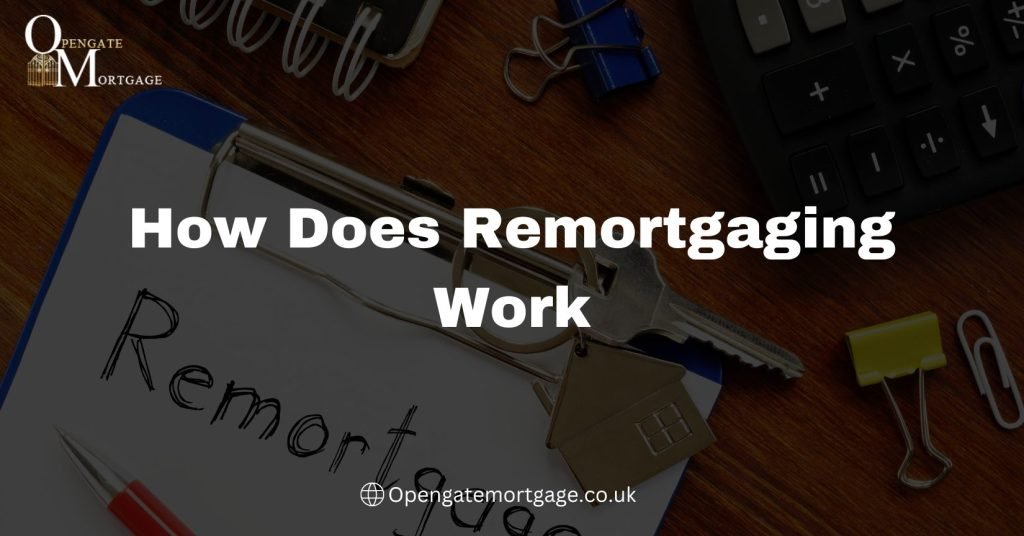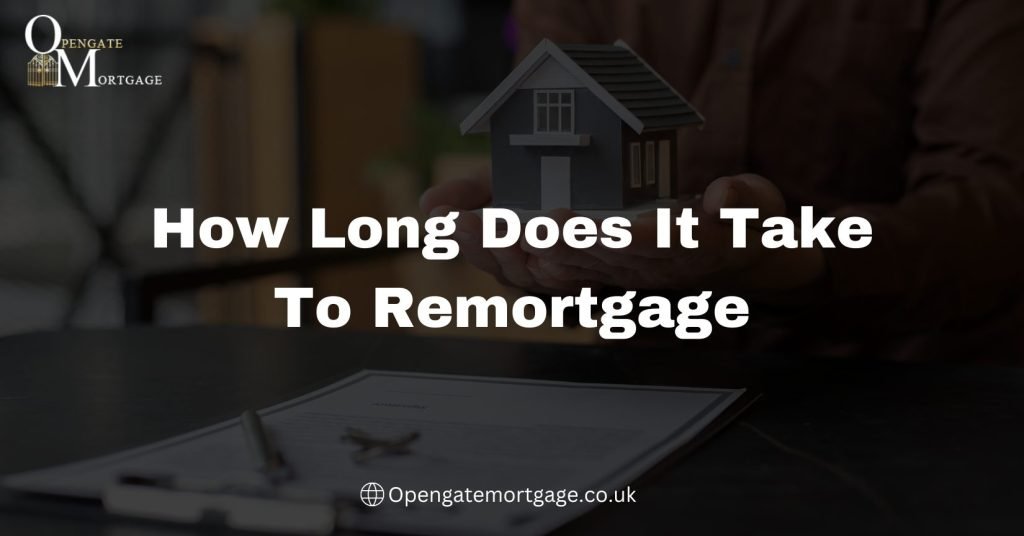The dream of homeownership is an important landmark in many people’s lives. For most people and families, achieving this dream involves receiving a mortgage, which is a long-term financial commitment. Understanding mortgage affordability and income requirements is essential before embarking on this journey, as it can have a profound effect on your financial stability and prospects. In this complete guide, we will delve into the key factors that determine mortgage affordability and the income needs you should be mindful of
The Basics of Mortgage Affordability
Mortgage affordability guides the capability of a borrower to comfortably make monthly mortgage payments while meeting other financial obligations. It is necessary to find a suitable balance between borrowing sufficiently to buy your chosen home and
confirming that your monthly payments stay manageable within your budget. Several factors play a considerable role in determining mortgage affordability.
Down Payment
The down payment is the initial sum of money you pay upfront when purchasing a house. A more considerable down payment can lower the amount you require to borrow and lower your monthly mortgage payments. Lenders generally need the lowest down payment, which can vary based on the loan type and other factors. In the United States, for instance, conventional loans usually need a down payment of at least 3%, while Federal Housing Administration (FHA) loans may need as little as 3.5%.
Interest Rate
The interest rate on your mortgage loan greatly affects your monthly expenses. A lower curiosity rate effects in lower monthly payments, making homeownership more affordable over time. Interest rates are generally defined by market needs, your credit score, and the type of mortgage you choose.
Loan Term
The length of your mortgage term also involves affordability. Standard mortgage terms contain 15, 20, and 30 years. Shorter-term mortgages usually have more increased monthly payments but lower prevailing interest costs, while longer-term mortgages have lower monthly expenses but higher general interest costs
Monthly Debt Obligations
Lenders evaluate your existing monthly debt commitments, such as credit card payments, student loans, and auto payments, when considering your mortgage application. Your capacity to manage these debts alongside your mortgage amount is essential in determining affordability.
Income and Employment
Your payment level and job stability are essential factors in mortgage affordability. Lenders consider your capability to make constant payments over the life of the loan. A higher payment can support a larger mortgage, but it is necessary to support financial stability throughout the loan time.

How is mortgage affordability calculated?
Mortgage affordability is calculated based on several key financial aspects, and lenders operate clear guidelines and percentages to consider an applicant’s capacity to handle a mortgage payment. Here’s a breakdown of how mortgage affordability is generally calculated:
Debt-to-Income Ratio (DTI):
The debt-to-income percentage is a crucial factor in choosing mortgage affordability. It calculates the ratio of your gross monthly payment that goes toward paying debts, including the suggested mortgage payment. The two main components of DTI are:
- Front-End DTI: This considers the ratio of your income that would go toward housing expenses, including the mortgage principal, curiosity, property taxes, and homeowners’ insurance (often referred to as PITI). Lenders usually choose this to be no more than 28% of your gross monthly earnings.
- Back-End DTI: This accounts for all of your monthly debt responsibilities, including the offered mortgage amount, plus any other debts like credit card payments, auto loans, and student loans. Lenders typically prefer a back-end DTI of 36% or lower, although some may take up to 43% or slightly more elevated in certain cases.
Down Payment
When buying a home, your down payment refers to the initial payment you make towards the purchase price. By making a larger down payment, you can reduce the amount you need to borrow and decrease your monthly mortgage payments. It is important to note that lenders typically have minimum down payment requirements that may vary based on the type of mortgage and your financial circumstances.
Interest Rate:
The interest rate on your mortgage also involves affordability. More down interest rates result in lower monthly payments. The exact interest rate you qualify for is determined by aspects such as your credit score, the present market needs, and the type of mortgage.
Loan Term:
The length of your mortgage term can affect your monthly payments. Common mortgage terms contain 15, 20, and 30 years. Shorter-term mortgages typically have higher monthly payments while lower general interest costs, while longer-term mortgages have lower monthly payments but more increased overall interest costs.
Property Taxes and Insurance:
In addition to the mortgage principal and interest, you must factor in property taxes and homeowners’ insurance when calculating affordability. These expenses can vary based on the location of the property and other aspects.
Other Housing Expenses:
Relying on the property, you may also have other housing-related expenses, such as homeowners’ organization (HOA) fees, personal mortgage insurance (PMI) if your down payment is less than 20%, and maintenance costs. These should be considered in your allocation as well.
If you want to find out how much you can afford for a mortgage, you need to gather information about your earnings, current debts, and the expenses related to owning a home. There are online mortgage calculators available or you can talk to a lender to get an estimate. Although these calculations are a good starting point, you should remember that your lender will do a more thorough financial evaluation when you apply for a mortgage. They will consider factors such as your credit history, job stability, and other aspects.
Can I afford a mortgage?
Deciding whether you can afford a mortgage relies on several factors, including your financial circumstances, the cost of the house you like to buy, and the duration of the mortgage loan. Here are some stages to assist you in evaluating your ability to afford a mortgage:
Evaluate Your Financial Situation:
- Calculate your monthly payment from all references, including your earnings, bonuses, investments, and any other sources of income.
- List your monthly payments, including rent, utilities, groceries, transportation, insurance, and all living debt expenses (e.g., credit cards, car loans, student loans).
Determine Your Debt-to-Income Ratio (DTI):
- To determine your front-end DTI, you need to calculate the proportion of your income that would be allocated to housing expenses such as mortgage principal, interest, property taxes, and homeowners’ insurance. Most lenders usually prefer this to be less than 28% of your gross monthly income.
- To determine your back-end debt-to-income ratio (DTI), add up all your monthly debt payments, including your potential mortgage payments and other debts. Ideally, lenders prefer a back-end DTI of 36% or below, but some may consider up to 43% or slightly more in specific circumstances.
Estimate Your Down Payment:
- Decide how much cash you have available for a down payment. A more extensive down payment can lower your monthly mortgage payment and make homeownership more reasonable.
Consider Other Costs:
- When considering purchasing a property, be sure to factor in property taxes, homeowners’ insurance, and any associated homeowners’ organization (HOA) fees, as these costs can vary based on location and property type.
Calculate Monthly Mortgage Payments:
- Use online mortgage calculators or consult with a lender to calculate your monthly mortgage costs based on the loan payment, interest rate, and loan term. Make sure to include property taxes and homeowners’ insurance in your accounting.
Review Your Budget:
- Reach your estimated monthly mortgage amount with your monthly payments and expenses. Confirm that you have sufficient disposable income to comfortably cover the mortgage amount without sacrificing basic living expenses or getting additional debt.
Check Your Credit Score:
- A more increased credit score can help you prepare for a lower curiosity rate, which can make homeownership more reasonable. Check your credit report, address any errors, and work on enhancing your credit score if required.
Pre-Approval:
- Consider obtaining pre-approved for a mortgage from a lender. Pre-approval provides a more precise picture of how much you can afford and makes you a more attractive buyer to sellers.
Emergency Fund and Savings:
- Make sure to have an emergency fund to cover unforeseen homeowner expenses. Also, save for financial goals and handle home maintenance.
It is important to keep in mind that even though these steps may assist you in determining your mortgage affordability, your lender will conduct a more comprehensive financial evaluation when you apply for a mortgage. It is crucial to be practical about your financial situation and avoid taking on a mortgage that may put a strain on your budget. Thorough financial planning and assessment of all related expenses are critical in determining whether you can responsibly afford a mortgage.
Conclusion
When it comes to buying a home, two important things to consider are how much you can afford and your income requirements. It’s also important to understand the role of down payments, interest rates, and credit scores in the homebuying process. By taking the time to evaluate your financial situation, work on improving your credit, and meeting the necessary income requirements, you can increase your chances of being approved for a mortgage and enjoy a smoother, more sustainable homeownership experience. With careful planning and financial diligence, you can make your dream of owning a home a reality.
People Ask Questions About Mortgage affordability and income requirements
What is mortgage affordability?
Mortgage affordability refers to the ability of a borrower to comfortably make monthly mortgage payments while meeting their other financial obligations. It is determined by considering various factors, including the borrower’s income, expenses, credit history, and the terms of the mortgage loan.
How is my income evaluated when applying for a mortgage?
Lenders typically evaluate your income by examining your gross monthly income. This includes your salary, wages, bonuses, commissions, and any other regular sources of income. Income from self-employment, investments, and rental properties may also be considered.
How can I improve my mortgage affordability?
To improve your mortgage affordability, you can work on increasing your income, reducing your debts, and improving your credit score. Paying down outstanding debts and saving for a larger down payment can also enhance your eligibility for a mortgage.
What role does credit score play in mortgage affordability?
Your credit score is a crucial factor in mortgage affordability. Lenders use it to assess your creditworthiness and determine the interest rate you qualify for. A higher credit score can lead to lower interest rates and more favorable mortgage terms.







